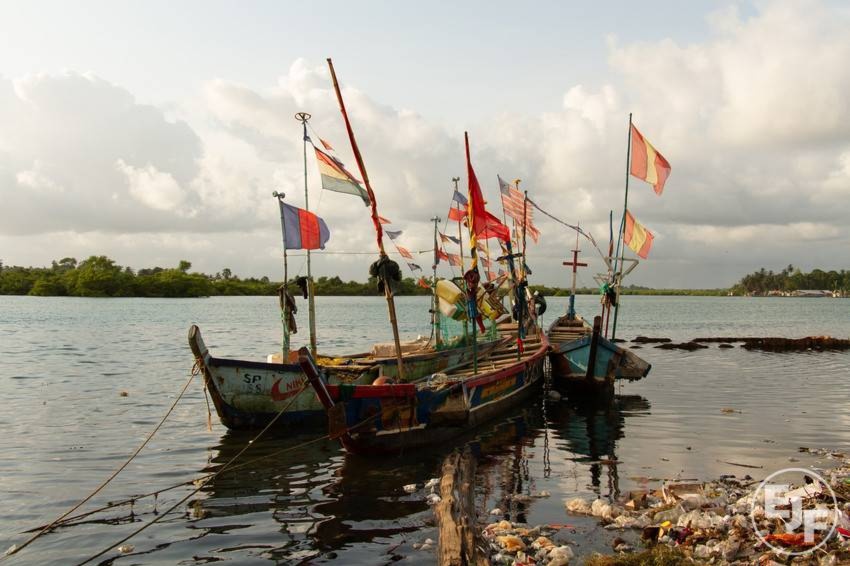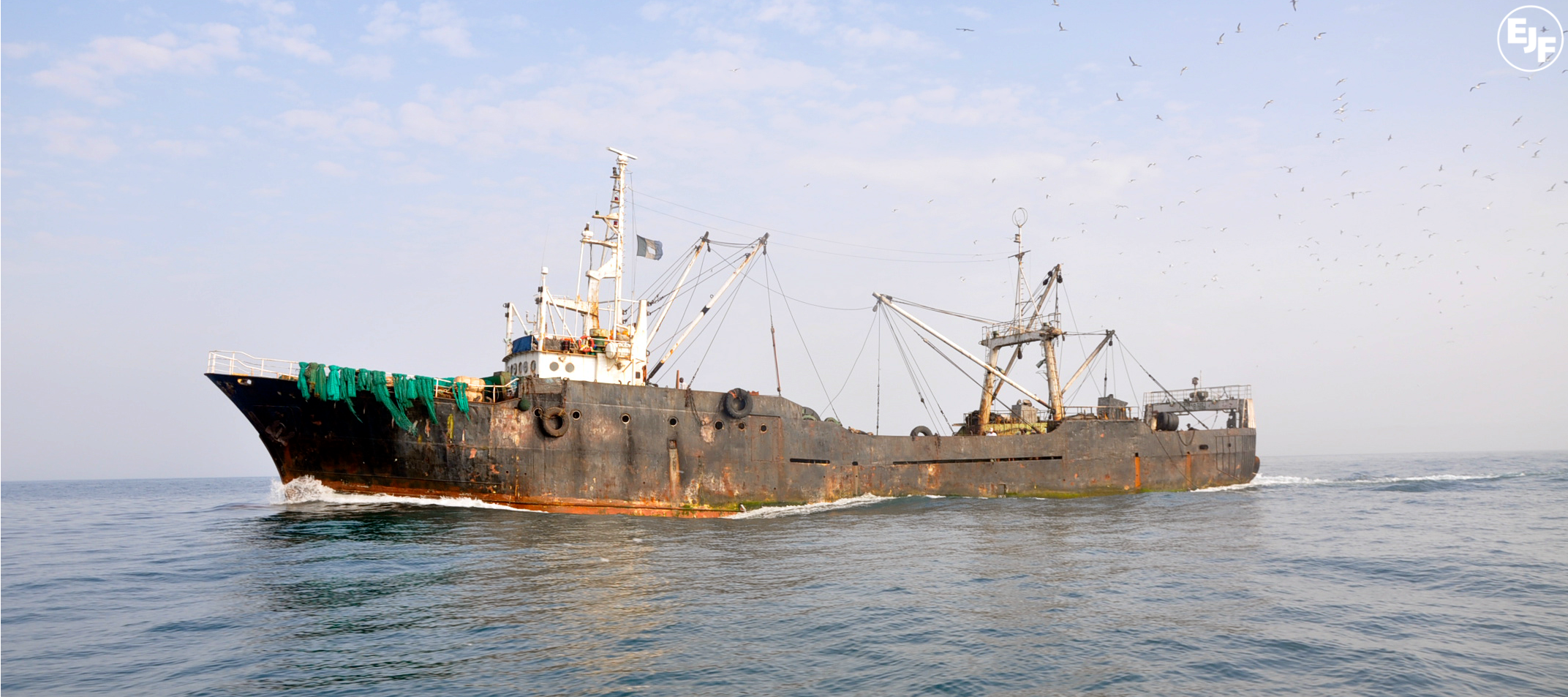
Liberia’s fishing agreement with Senegal endangers jobs and food security
Liberia has signed a five-year agreement that will grant fishing rights to 300 Senegalese fishing vessels in Liberian waters. If it is ratified by parliament, it risks endangering not only the livelihoods of fishing communities, but the food security of an entire nation.
Over 33,000 people in Liberia rely directly on the fishing industry for employment. Not only that, but 65% of the animal protein in Liberia’s diet comes from the fishing sector. Fisheries are a crucial part of Liberians’ income, well-being and survival.
The new agreement, which was signed on the 22 January, would allow 300 Senegalese fishing vessels to fish freely in Liberia’s waters, catching 40,000 tonnes of fish every year. As well as putting livelihoods and nutrition at risk, the consequent scarcity of fish also has the potential to create conflicts between local and foreign fishers.
Perhaps this would be reasonable if a rigorous stock assessment has been carried out, clearly showing that fish populations were robust, and that a surplus of 40,000 tonnes was available. But while the Liberian authorities have said that the agreement was “supported by scientific data”, no further information on the methodology has yet been shared.
In 2017, Liberia was given a formal warning by the European Union for failing to control the fleet of vessels that fly its flag. The addition of hundreds of extra foreign vessels to Liberian waters not only increases pressure on local fish populations but also distracts from efforts to address the issues identified by the EU.
Although it still needs to be ratified by parliament, the planned agreement has generated public outcry. Some legal analysts have even pointed out that it may violate the Liberian Constitution, which stipulates that “the Republic shall manage the natural resources of Liberia to advance the general welfare of the Liberian people and the economic development of Liberia.”
The latest figures from the UN Food and Agriculture Organization found that 90% of Senegal’s fisheries are fully fished or facing collapse. With the rise of the aquaculture around the world, companies have set their sights on West Africa as a new source of the fishmeal used as feed for farmed seafood.
In the past few years, numerous fishmeal factories have opened on the coats of Mauritania, Senegal and the Gambia. But in the rush for sardinella fish – one of the main components of fishmeal – global business interests are taking a crucial part of West Africa’s diet from the people who need it the most. In Senegal, fishing provides 75% of the animal protein in the country’s diet, with sardinella stocks key to food security in the country and the wider region.
SIGN UP FOR OUR EMAILS AND STAY UP TO DATE WITH EJF
